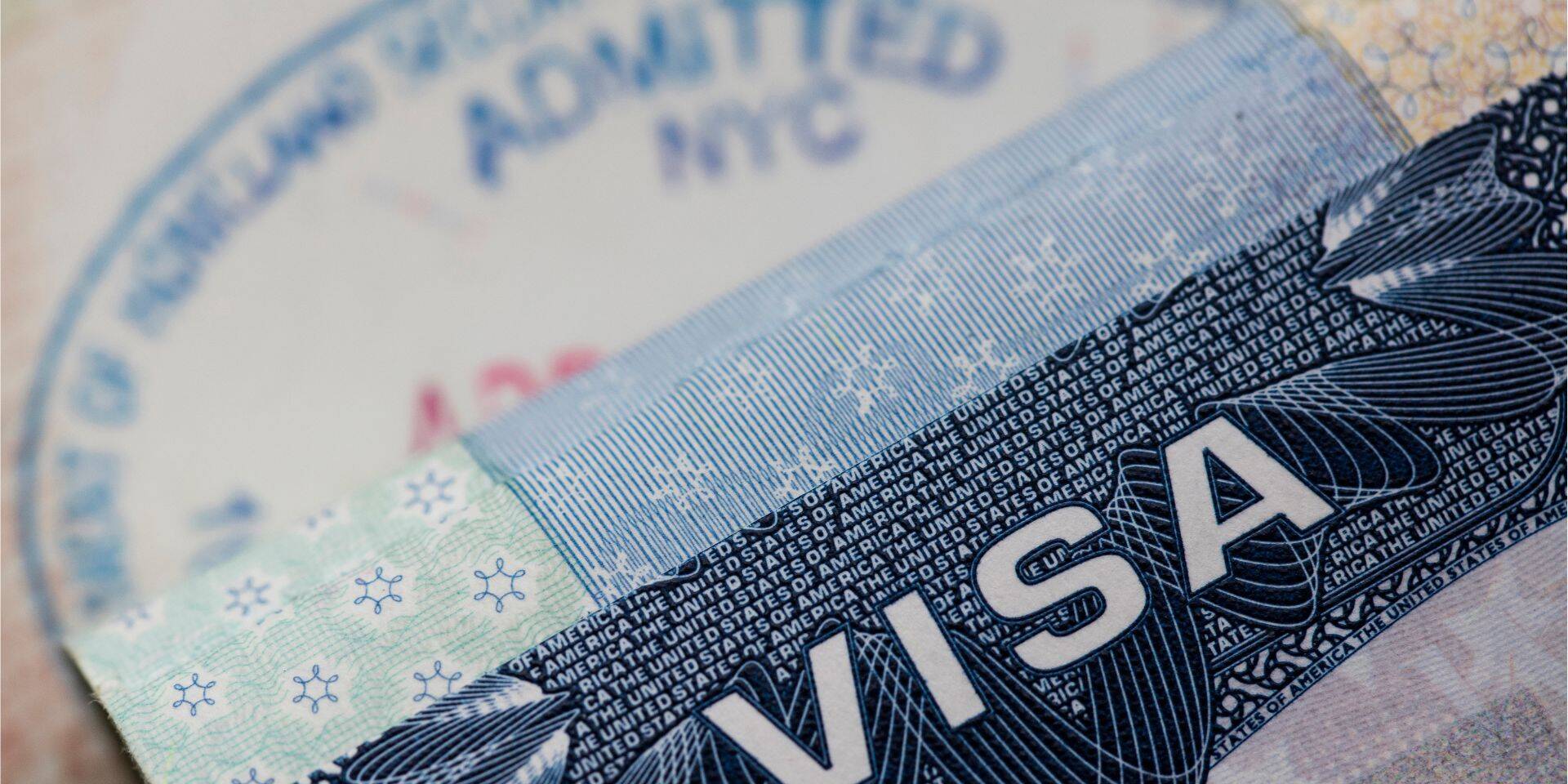U.S. Citizenship and Immigration Services (USCIS) reports record setting case completions, reducing the backlog for the first time in over ten years. USCIS FY2023 results report backlog reduction, efforts to improve the customer experience, and addressing both employment-based immigration and humanitarian needs as key achievements for the year.
Backlog Reduction
In FY2023, USCIS received 10.9 million filings, completed 10 million pending cases, with both setting new records. Backlogs were reduced, overall, by 15%. Included in the backlog reduction are over 878,500 new U.S. citizens, who were waiting to take the Oath of Allegiance, the final step to becoming naturalized citizens. Included in the 878,000 are 12,000 members of the military. In effect, the naturalization backlog was eliminated. The median processing time for naturalization applicants fell to 6.1 months from 10.5 months.
The USCIS FY2023 results report that the net backlog (cases pending outside of target processing times) was down over 760,000 cases to 4.3 million cases. At the end of FY2022, there were more than 5 million cases in backlog.
Improving Customer Experience
New technology solutions were introduced, aiming to improve the USCIS customer experience. The self-service online rescheduling of biometrics appointments was used for more than 33,000 appointments in FY23. The enterprise change of address system saw more than 430,000 address changes submitted through December 2023. This system is expected to reduce calls to the USCIS Contact Center by 30%, or 1.5 million calls annually. Using the online request form, USCIS received over 16,000 field office appointment requests. A new 1-800 number gave individuals a more predictable call-back window, reducing the number of missed calls.
Employment-Based Immigration
Over 192,000 employment-based immigration visas were issued in F20Y23. This number far exceeds the pre-pandemic annual results. For the second year in a row, no visas went unused. The maximum validity period for Employment Authorization Documents was increased to five years for adjustment of status applicants. Further clarification was provided to the International Entrepreneur Role, the EB-1 Extraordinary Ability visa, and the waiver of the two-year foreign residence requirement for J-1 visas.
The biometrics fee and appointment requirement was removed for a change or extension of nonimmigrant status. The Child Status Protection Act (CSPA) was updated to support child beneficiaries of noncitizen workers from aging out of child status so they have the option to apply for permanent residence status with their family.
Humanitarian Efforts
Over 100,000 refugee applicants were interviewed per USCIS FY2023 results. This is more than double the number of interviews completed in the previous fiscal year. Over 60,000 refugees were admitted and resettled in the U.S. in the fiscal year. At the closing of FY23, over 52,000 asylum cases were completed, including those prioritized for the Afghan alliance. Another record was set with 146,000 credible fear and reasonable fear screenings of asylum seekers in FY23.
The parole program for Cubans, Haitians, Nicaraguans, and Venezuelans (CHNV) saw nearly 238,000 individuals enter the U.S. in FY23. A new family reunification process for those from Columbia, El Salvador, Guatemala, and Honduras was introduced. Existing family reunification processes for Cubans and Haitians was modernized. Ongoing support for Uniting for Ukraine saw over 150,000 Ukrainian nationals and their families enter the U.S.
The Humanitarian, Adjustment, Removing Conditions, and Travel Documents (HART) Service Center was created in FY23. This center focuses on adjudicating cases for vulnerable populations. The HART service grew by nearly 90% in staffing in FY23.
Looking Ahead
The focus for FY2024 continues to be improving processing delays. The median processing time of 30 days for EAD applications from those who entered the U.S. using the CBP One mobile app or through the CHNV process is a key focus. New rules and processes are being used for the upcoming H-1B program to improve the efficiency and integrity of the program. As in FY23, using all available visas and maintaining naturalization processing timelines are also focus areas.
As always, ILBSG monitors ongoing updates to U.S. immigration. If you have questions about any immigration-related issue, contact us. Our team of experienced attorneys work directly with clients to ensure they get the right advice.
Related Posts
May 15, 2025
Federal Judge Denies Granting Nationwide Relief for F-1 Visa Students
A federal judge placed an injunction on…
May 15, 2025
Sixty-Five Percent Rejection for FY2026 H-1B Visa Cap
Registrants for the FY2026 H-1B visa…
May 14, 2025
June 2025 Visa Bulletin: Modest EB-2 and EB-3 Movement, Slight F-4 Movement
The June 2025 visa bulletin will see…



